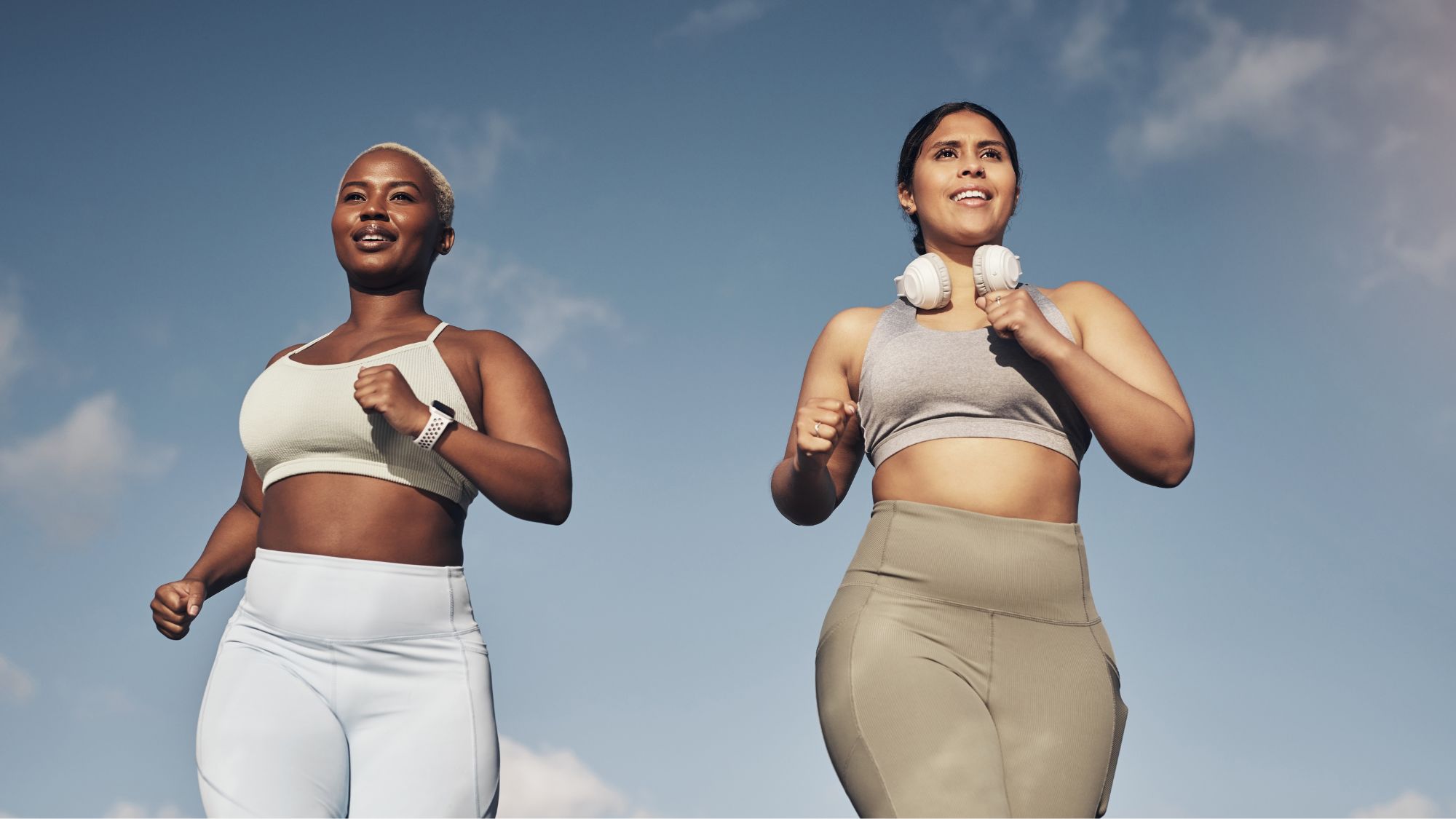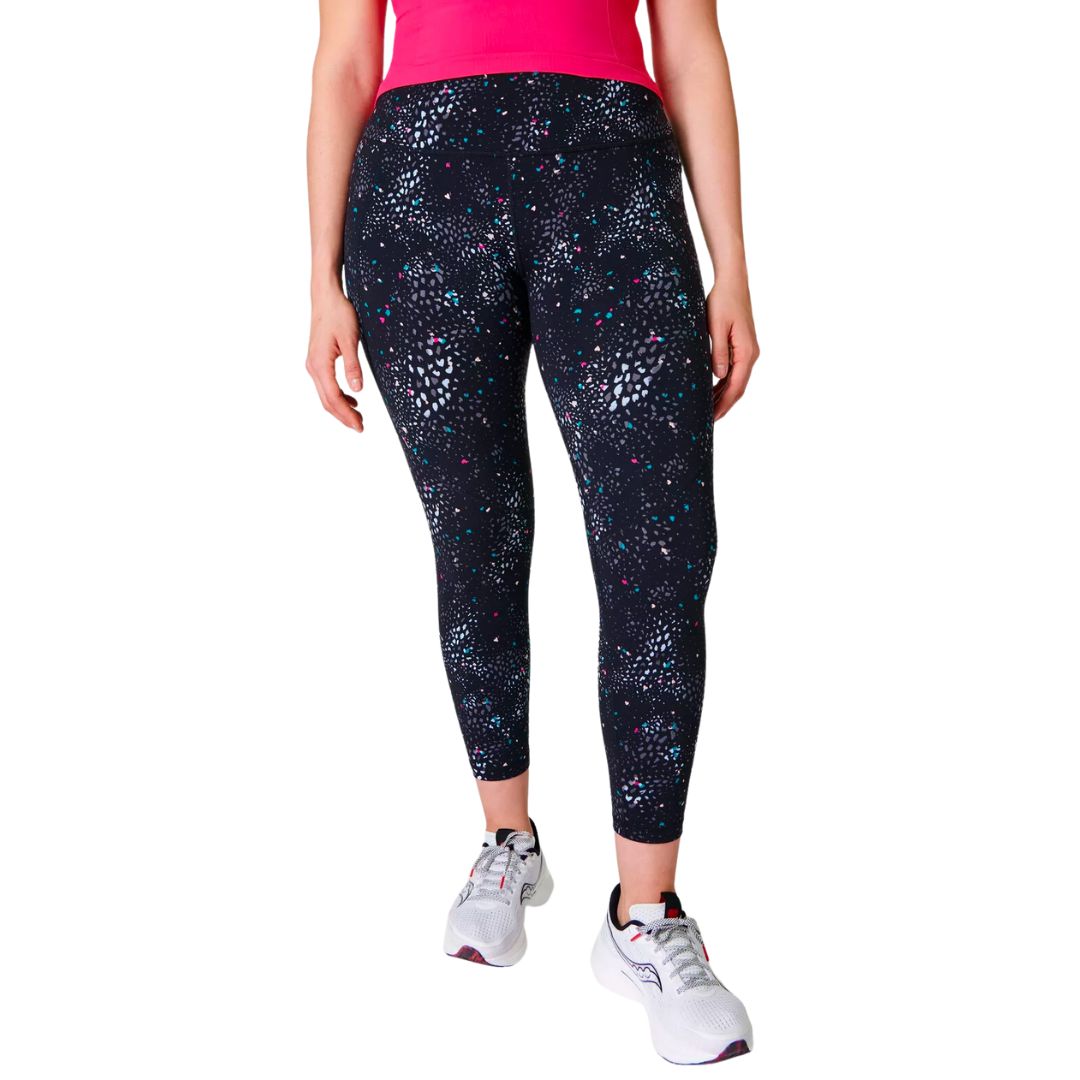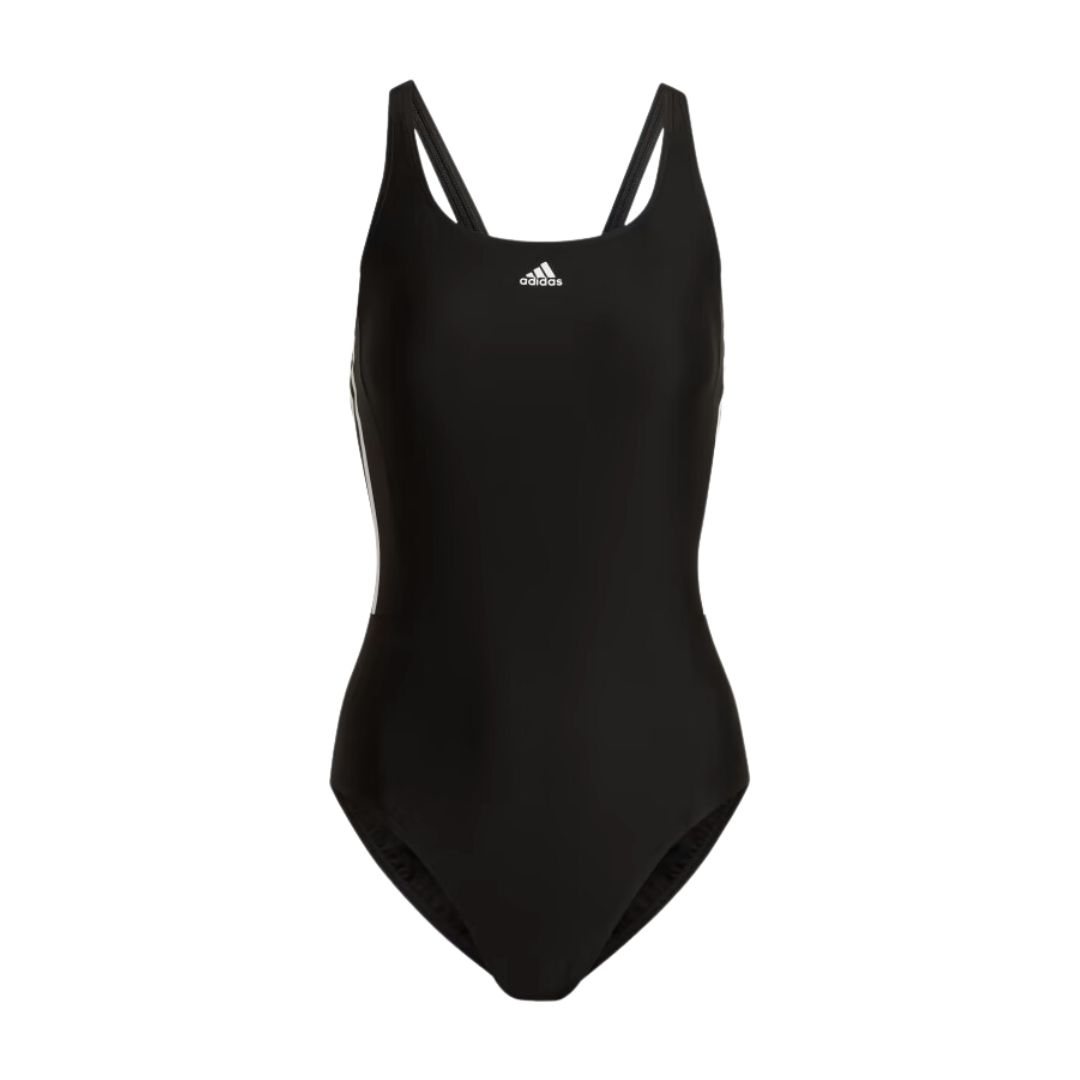Top experts confirm: Is 30 minutes of cardio enough to boost your fitness?
Your need-to-knows.


Exercise is commonly considered a cheat code for optimal health, but how much do you actually have to do to reap the rewards? Is 30 minutes of cardio enough? Or, should you be carving out a chunkier window in your schedule?
The answer isn’t completely straightforward, as you may imagine. Let's start with the general NHS guidelines. As per the NHS website, doctors recommend you do at least 150 minutes of moderate-intensity activity, or 75 minutes of vigorous-intensity activity, each week - aka running, cycling, HIIT classes or boxing – plus strengthening activities, such as weight training, twice a week. That said, it emphasises that even one or two training sessions a week can help to reduce your risk of heart disease or stroke. See what we mean? The science exists, but there’s no one-size-fits-all.
So, to get clear on why we should all be making time for heart-pumping exercise – and whether 30 minutes of cardio actually is enough for a single session – we spoke to Joanna Meyer, personal trainer and director of Nordic Balance. Keep reading for her expert advice on training frequency for overall health. Don't miss our guides to how to improve your cardio fitness, the most effective cardio exercises, and the best cardio workouts, while you're here.
Is 30 minutes of cardio enough? We asked top experts
Why is cardio important?
Contrary to the rhetoric you may have subconsciously absorbed over the years, cardio fitness isn’t just about endurance, aesthetics or even hitting personal bests – it’s a cornerstone of overall health, enhancing heart function, boosting metabolic efficiency, and improving mental health, says Meyer.
“Regular cardiovascular activities such as running, cycling, or swimming help to strengthen the heart muscle, making it more efficient at pumping blood throughout the body," she explains. "This efficiency contributes to reduced blood pressure and a lower resting heart rate, indicators of a healthy heart.”
Cardio exercise also triggers the release of endorphins – natural mood-lifters – which can help to reduce or manage symptoms of depression and anxiety. “Cardio fitness is an essential component of a balanced lifestyle,” Meyer goes on.
What happens if you only do cardio and no weights?
The NHS stresses the importance of weight training for good reason - it builds strength and muscle mass, increases bone density and promotes joint health. Simply, strength training future-proofs your body.
Celebrity news, beauty, fashion advice, and fascinating features, delivered straight to your inbox!
“Focusing solely on cardio training without incorporating resistance or strength training can lead to imbalances in physical fitness,” says Meyer. She warns that a programme which includes only cardio may result in muscle loss over time, as strength training is necessary to stimulate muscle growth and repair .
”Additionally, incorporating both forms of exercise can lead to better overall fitness and a reduced risk of injury, making a balanced approach advisable for long-term health and wellbeing,” Meyer adds.
Does walking count as cardio?
Whether walking counts as cardio is the cause of enduring hot debate. According to Meyer, however, it absolutely classifies as a type of cardio exercise that significantly contributes to cardiovascular health – especially when performed as a walking workout, aka a brisk pace.
“The concept of training zones, including light, moderate, and vigorous intensity, helps to categorise the cardiovascular effort and its impact on the body,” says Meyer. They fall into the following categories:
- Light-intensity activities - think low intensity cardio like leisurely walking - promote general health and recovery.
- Moderate-intensity activities - think brisk walking or gentle cycling - challenge the heart and lungs and improve aerobic fitness.
- Vigorous activities - such as running or fast cycling - push the body further, enhancing cardiovascular and respiratory efficiency and leading to more significant health benefits.
Understanding these zones, the expert says, allows you to tailor your activities to match your fitness level and goals.
So, is 30 minutes of cardio enough?
The honest, but potentially disappointing, answer to the question is 30 minutes of cardio enough, is that it depends. Are you looking to run your fastest 5k, or simply boost your fitness levels? Are you keen to commit to your first endurance activity, or improve your health markers and reduce your risk of developing life-threatening illnesses further down the line? Your goal will ultimately impact the answer to this question.
Also important to consider is your starting point and the intensity level - 30 minutes of low-intensity cardio may not be enough for a generally healthy individual with years of training under their belt to achieve their goals, while 30 minutes of vigorous-intensity cardio is almost certainly too high-risk for someone recovering from surgery or an injury. Still with us?
“30 minutes of cardio three times a week is a good starting point for beginners or those maintaining their fitness levels,” Meyer advises. This aligns with NHS recommendations already referenced. “ However, individual fitness goals, health conditions, and lifestyle factors are crucial in determining the optimal amount and intensity of exercise,” she adds. “Some may find that increasing the duration or frequency of cardio sessions further enhances their fitness levels and mental health benefits.”
If the ultimate goal is longevity, however, research indicates that activity levels above standard recommendations are associated with lower mortality. A study from 2022 concluded that the nearly maximum association with lower mortality was achieved by performing 150-300 minutes of vigorous-intensity activity per week, 300-600 minutes of moderate-intensity exercise per week, or an equivalent combination of the two long-term. That said, separate research suggests that even 4,400 steps a day are associated with lower mortality in older women.
Bottom line: Based on current research and recommendations, 30 minutes of vigorous-intensity cardio five times per week may help you improve health markers and reduce your risk of developing life-threatening conditions, but this won’t be a suitable training plan for most people. For those of us with busy and stressful lifestyles, doing this much high-intensity activity may result in increased stress and higher injury risk. It also means that fatigue, across the week, might be too great to also factor in strength training sessions and ample recovery.
With this in mind, the ideal amount of cardio is whatever suits your current circumstances and goals. Perhaps that’s three 50-minute moderate-intensity sessions per week, maybe it’s 30 minutes of walking every day, or even some bodyweight cardio exercises whenever you find the time. Allow yourself the freedom to find a schedule that suits you and your body best.
Shop MC UK's go-to fit kit now:

The responsive cushioning in Nike's Pegasus trainers makes your cardio sessions as comfy as can be. Shop our edit of the best running trainers here.
How many days a week should I do cardio?
Short answer: this depends on your goals, current fitness levels, pre-existing health conditions, and lifestyle. “The amount of cardio exercise one should aim for varies significantly among individuals and depends on various factors," explains Joanna Meyer, personal trainer and director of Nordic Balance.
Some people, she says, may thrive on more extensive movement, while others may achieve their health and fitness objectives with less. “The key is to find a sustainable and enjoyable level of activity that supports one's health without causing burnout or injury.”

Abbi Henderson is a freelance journalist and social media editor who covers health, fitness, women’s sport and lifestyle for titles including Women's Health and Stylist, among others.
With a desire to help make healthcare, exercise and sport more accessible to women, she writes about everything from the realities of seeking medical support as a woman to those of being a female athlete fighting for equality.
When she’s not working, she’s drinking tea, going on seaside walks, lifting weights, watching football, and probably cooking something pasta-based.

